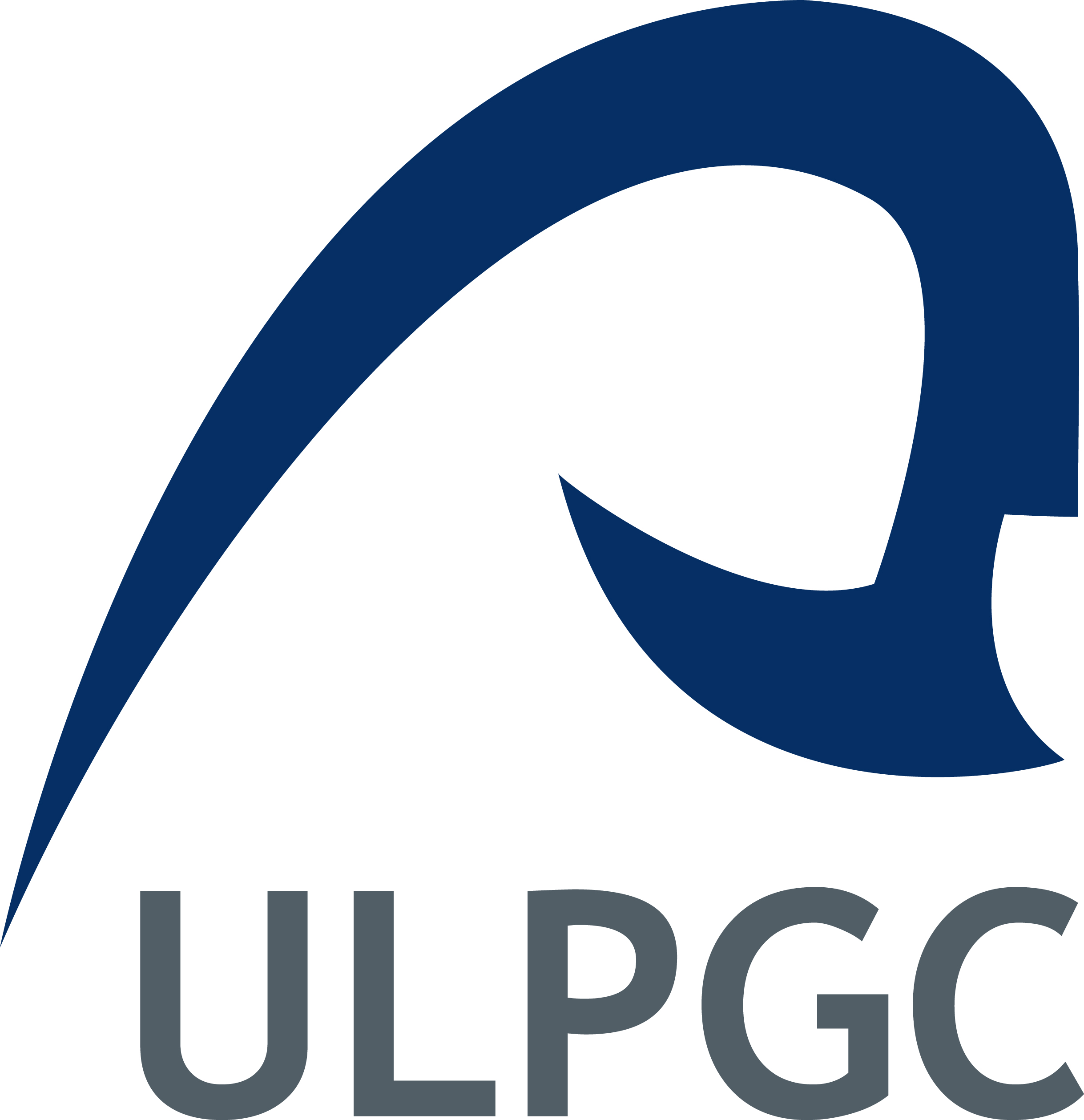Ph.D. Program in Oceanography and Global Change at the Canary Islands, Spain
 The effect of of the physical frame and climate on the physiology and ecology of plankton communities is of importance in order to disentangling the ocean carbon flux. Physiological processes such as feeding, egestion, respiration, excretion, and growth are key processes to understand the transfer of energy and matter in the ocean. During the last decades, we have been working on the role of micro-, meso-, macrozooplankton, and micronekton in the oceanic carbon flux from the Arctic to Antarctic Oceans. Physiology from mesoscale processes such as fronts, eddies and filaments, to assessments at the global scale are our objectives. We also dedicated an important effort to unveil the relationship between physiological processes such as respiration, nitrogen excretion, and growth, and the enzymatic proxies normally used in oceanography to estimate them (electron transfer system, ETS, glutamate dehydrogenase, GDH, aspartate transcarbamylase, ATC, and aminoacyl t-RNA synthetase, AARS, activities). A series of papers from 1995 to present has unraveled the functioning of the different enzymes in relation to the level of substrates used by the cell in nature and the problems faced by oceanographers to use these indices to estimate physiological rates.
The effect of of the physical frame and climate on the physiology and ecology of plankton communities is of importance in order to disentangling the ocean carbon flux. Physiological processes such as feeding, egestion, respiration, excretion, and growth are key processes to understand the transfer of energy and matter in the ocean. During the last decades, we have been working on the role of micro-, meso-, macrozooplankton, and micronekton in the oceanic carbon flux from the Arctic to Antarctic Oceans. Physiology from mesoscale processes such as fronts, eddies and filaments, to assessments at the global scale are our objectives. We also dedicated an important effort to unveil the relationship between physiological processes such as respiration, nitrogen excretion, and growth, and the enzymatic proxies normally used in oceanography to estimate them (electron transfer system, ETS, glutamate dehydrogenase, GDH, aspartate transcarbamylase, ATC, and aminoacyl t-RNA synthetase, AARS, activities). A series of papers from 1995 to present has unraveled the functioning of the different enzymes in relation to the level of substrates used by the cell in nature and the problems faced by oceanographers to use these indices to estimate physiological rates.



